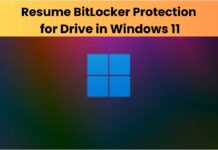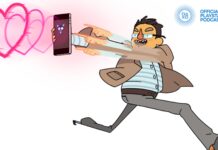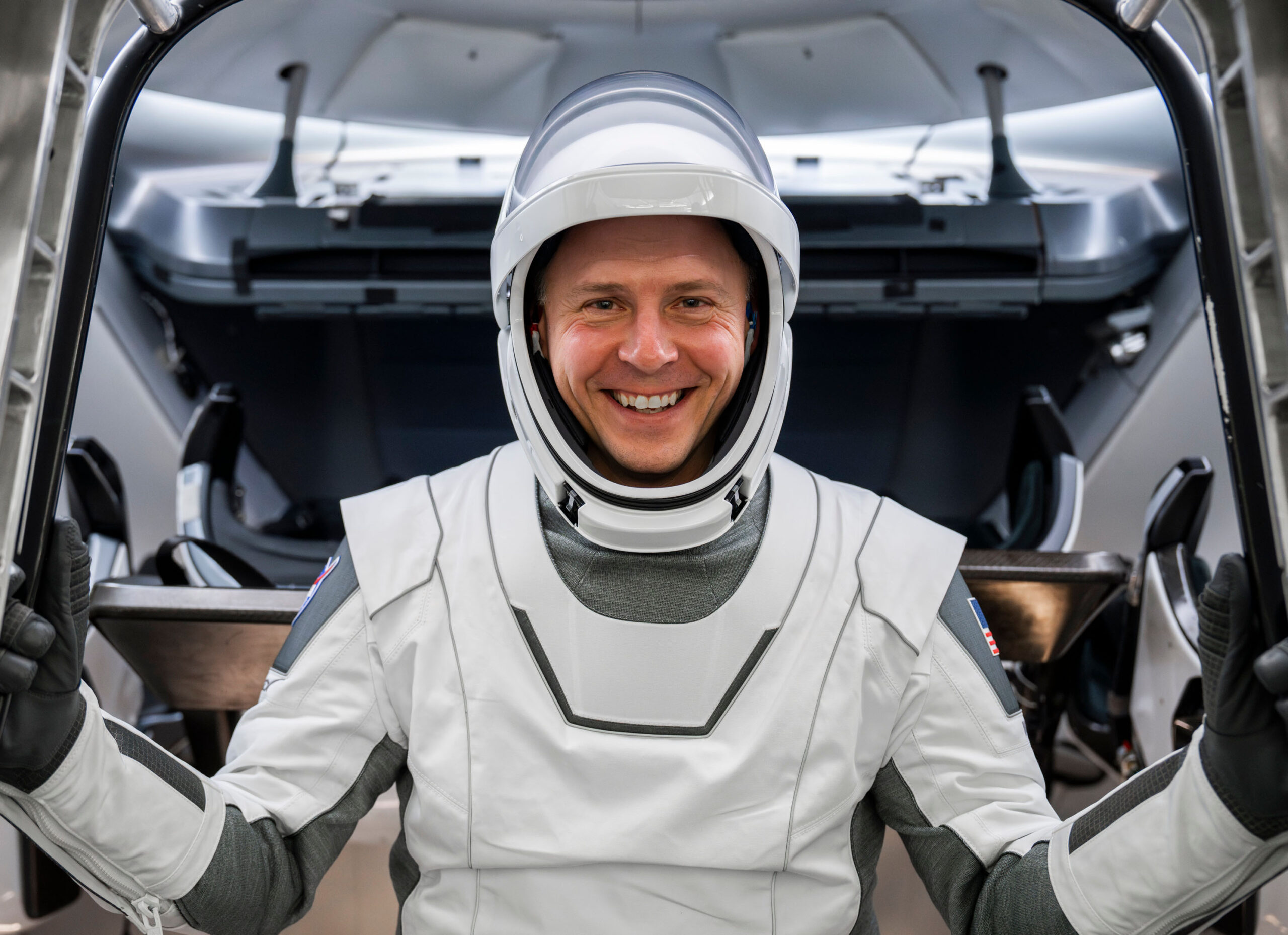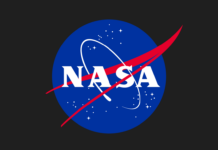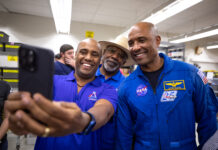NASA Astronaut and Roscosmos Cosmonaut Set to Enhance Space Research on SpaceX Crew-9 Mission
NASA astronaut Nick Hague and Roscosmos cosmonaut Aleksandr Gorbunov are preparing to dock with the International Space Station (ISS) as part of NASA’s SpaceX Crew-9 mission. This mission aims to advance scientific research and deepen our understanding of how humans can live and work in space, which is crucial for future long-term space exploration.
During the planned five-month mission aboard the ISS, Nick Hague will engage in various research projects under NASA’s Human Research Program. These studies are specifically designed to address the health challenges astronauts may encounter during extended missions to destinations such as the Moon and Mars.
“Nick Hague’s experiences and research may potentially lead to scientific breakthroughs that may not be possible on Earth,” stated Steven Platts, chief scientist for human research at NASA’s Johnson Space Center in Houston.
Focus on Spaceflight Associated Neuro-ocular Syndrome (SANS)
A significant part of Hague’s mission is dedicated to studying Spaceflight Associated Neuro-ocular Syndrome (SANS). This syndrome occurs due to fluid shifts towards the head in the weightlessness of space, causing changes in the eyes. Symptoms can include optic nerve swelling, retinal folds, and flattening of the back of the eye. Initial research suggests multiple factors contribute to SANS, and two vision-related studies on this mission will explore different approaches to addressing or preventing these changes.
Thigh Cuff Experiment
One of the projects, named Thigh Cuff, investigates whether wearing fitted cuffs can counteract SANS by keeping more bodily fluids in the legs. These cuffs are compact, lightweight, and user-friendly, making them ideal for potential use during long-duration missions in deep space.
Hague will wear the thigh cuffs for six hours during two sessions. Throughout these sessions, he will record ultrasound images of blood flow in his legs and neck veins. Researchers will compare this data against ultrasounds taken without the cuff to analyze any differences in blood flow.
“Thigh cuffs like these may allow researchers to better investigate medical conditions that result in extra fluid in the brain or too much blood returning to the heart,” said Brandon Macias, the study leader at NASA Johnson.
Vitamin B Supplement Study
Another study will assess if a vitamin regimen can help combat SANS. Led by Sara Zwart, a nutritional biochemist at NASA Johnson, this research will examine if a daily vitamin B supplement—taken before, during, and after the flight—can prevent or reduce swelling at the back of the eye. The study will also investigate how an individual’s genetics might influence the response to the vitamin supplement.
“Earlier research suggests that some people are more susceptible to this ocular syndrome than others based on genetics that can influence B vitamin requirements. Taking daily vitamins may make all the difference,” Zwart explained. “We think by giving the B vitamins, we could be taking that piece of genetic variability out of the equation.”
This research also holds potential benefits for women on Earth with polycystic ovary syndrome, a condition that can cause eye changes and infertility. Researchers hope that targeting the same genetic pathways and vitamin supplementation used for astronauts in space may improve care options for these patients.
Exploring Anti-Nausea Medication for Space Sickness
Hague will also participate in a study to explore whether a new method of administering a common anti-nausea medication can help alleviate motion sickness during launch and landing. In this study, Hague will self-administer a novel nasal gel formulation of scopolamine, a medication known to combat motion sickness. He will document his experiences with this medicine and any other motion sickness aids, including alternative medications or behavioral interventions like specific head movements.
This research, led by neuroscientist Scott Wood of NASA Johnson, eventually aims to include 48 participants.
“Our goal is to understand how to help future space travelers adapt to motion sickness when living and working in space,” Wood said. “Crew members must stay healthy and perform key tasks, including landing on the Moon and other destinations.”
Additional Human Research Studies
To assist NASA in planning future missions, Hague will engage in other human research studies addressing various space-related challenges. These studies will focus on avoiding injury upon returning to Earth and understanding how space travel affects the human body at a molecular level.
NASA’s Human Research Program
NASA’s Human Research Program is dedicated to finding the best methods and technologies to support safe and productive human space travel. The program investigates how spaceflight impacts human bodies and behaviors through science conducted in laboratories, ground-based analogs, commercial missions, and the International Space Station. This research continues to drive NASA’s mission to develop innovative ways to keep astronauts healthy and mission-ready as space exploration expands to the Moon, Mars, and beyond.
For more information, visit the Human Research Program at NASA’s official website.
—
This mission and the research it entails are critical steps toward understanding and mitigating the health challenges associated with long-duration space travel. Through their work, astronauts like Nick Hague are not only paving the way for future space explorers but also contributing to advances in medical science that could benefit people on Earth.
For more Information, Refer to this article.

